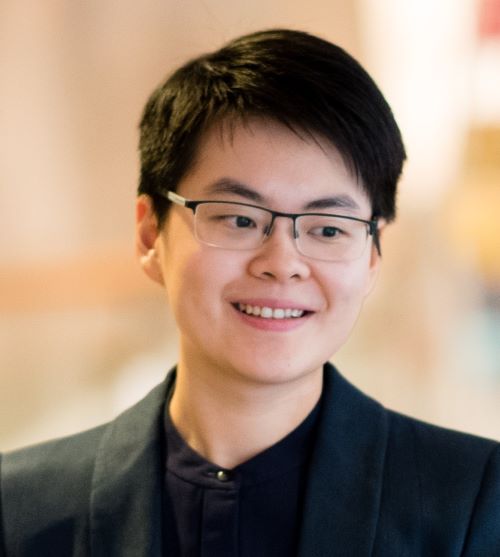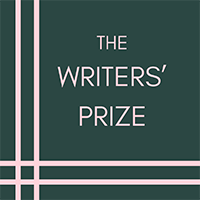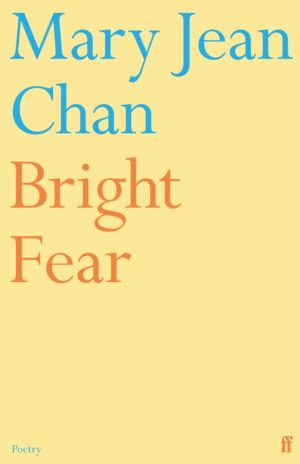Bright Fear
Mary Jean Chan
Through poems which engage fearlessly with intertwined themes of identity, multilingualism and postcolonial legacy, Chan’s latest work explores a family’s evolving dynamics, as well as microaggressions stemming from queerphobia and anti-Asian racism that accompanied the Covid pandemic.
Yet Bright Fear remains deeply attuned to moments of beauty, tenderness and grace. It asks how we might find a home within our own bodies, in places both distant and near, and in the ‘constructed space’ of the poem. The contemplative central sequence, Ars Poetica, traces the radically healing and transformative role of poetry during the poet’s teenage and adult years, culminating in a polyphonic reconciliation of tongues. Throughout, Chan offers us new and galvanising ways to ‘withstand the quotidian tug- / of-war between terror and love’.
Mary Jean Chan is the author of the poetry collection Flèche, published by Faber & Faber (2019), which won the Costa Book Award for Poetry and was shortlisteed for many others. She served as a judge for the 2023 Booker Prize. Born and raised in Hong Kong, Chan is currently the 2023-24 Judith E. Wilson Poetry Fellow at the University of Cambridge.
At what age did you know you wanted to become a writer?
When I was fifteen, I once confessed to my father that I wanted to be a writer; he told me I needed to be a keen reader first. I’ve never forgotten his advice.
What was your favourite childhood book?
Exodus by Julie Bertagna, The Endless Steppe by Esther Hautzig and The Giver by Lois Lowry.
Which is your favourite book of recent years?
There are too many poetry books to list, so I’ll mention a few works of fiction: In a Strange Room by Damon Galgut, Soldier Sailor by Claire Kilroy, and A Passage North by Anuk Arudpragasam, among others. In terms of nonfiction, Between the World and Me by Ta-Nehisi Coates and In the Dream House by Carmen Maria Machado spring to mind.
If you weren’t a writer, what would you be doing?
I’d probably be a psychotherapist.


